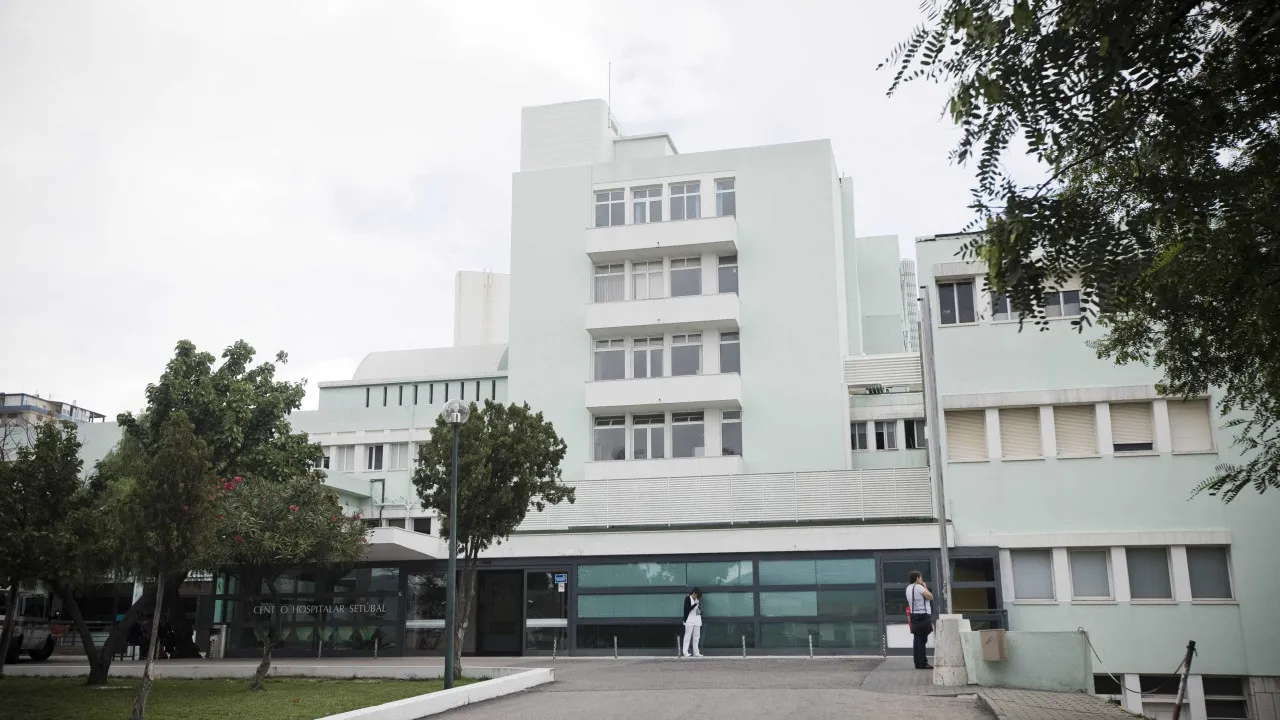
The mayors of the three municipalities in the Arrábida region expressed their position after a meeting held this afternoon with the administration of the Unidade Local de Saúde da Arrábida (ULSA). This meeting addressed the challenges faced by the obstetrics emergency department at São Bernardo Hospital, which, along with the obstetrics emergencies at hospitals in Barreiro (Nossa Senhora do Rosário) and Almada (Garcia de Orta), provides alternating service in the Setúbal Peninsula.
Despite a shortage of doctors at São Bernardo Hospital in Setúbal, the mayors from the Arrábida area believe that maintaining the obstetrics emergency at ULSA is preferable. They expressed dissatisfaction with the potential centralization of the Setúbal Peninsula’s obstetrics emergency at Garcia de Orta Hospital in Almada.
“At São Bernardo Hospital, the obstetrics team not only handles emergencies but also conducts a range of scheduled activities, postnatal care, neonatology, and cervical cancer services. There’s an entire set of services related to obstetrics and clinical direction that neither starts nor ends with emergencies but includes scheduled activities,” stated Francisco Jesus, the mayor of Sesimbra and spokesperson for the three mayors.
“If we decide to transfer all emergencies to Garcia de Orta, there are only two options: either bolstering Garcia de Orta while ceasing emergency services here, maintaining scheduled activities for Setúbal residents and possibly losing the delivery block, which we aren’t certain about,” he noted.
“If it involves moving obstetrician-gynecologists from São Bernardo to Garcia de Orta, enhancing not only the emergencies but also scheduled activities, we have to say that the activities at São Bernardo Hospital could be at risk,” he concluded.
Francisco Jesus also emphasized that the region’s mayors do not want the obstetrics emergency services to leave São Bernardo Hospital, arguing that the potential concentration of services at Garcia de Orta “opens the way to unresolved issues and does not expand the response, which is currently highly deficient in the National Health Service (SNS).”
Regarding the potential hiring of doctors for critical positions with additional pay incentives, Francisco Jesus described this as unfair to already contracted doctors but noted that, of the current eight obstetric emergency doctors at São Bernardo Hospital, six were hired under the critical position regime.
The spokesperson for the three municipalities also highlighted that out of a total of “1,800 obstetricians nationally, the public sector only has 800.” He defended maintaining the obstetrics emergency at São Bernardo Hospital and reiterated the necessity of creating necessary conditions to attract more doctors to the SNS.




